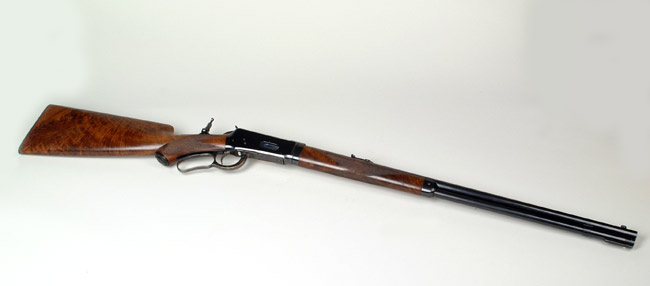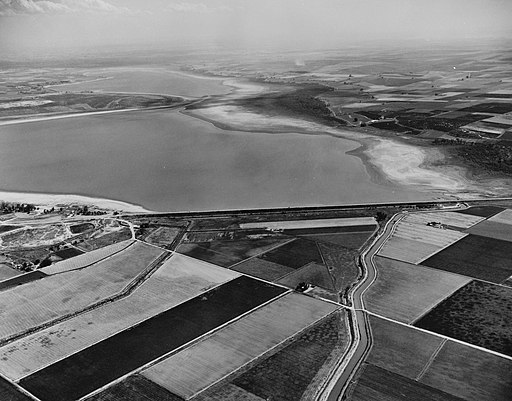Mama takes a swim
 |
| Mother Hubbard dresses |
It’s probably hard for you to believe, but your Grandmother
Aitchison was a good and very strong swimmer. A gully that cut across our place
close and just above the spring had formed a bar that extended into the river
20 to 30 feet. The current was very swift around the point of this bar. Mama,
wearing a long Mother Hubbard dress would swim up against the current for 50 to
75 feet to the point of the bar. (Incidentally, the bar and water formed a deep
hole next to the shore where I caught my first fish. Maybe more of this later.)
Our house
Of course, in addition to getting the Wickhams settled, Papa
was busy getting our place in shape to start farming. So along with building a
house, he was a very busy man. Our house was not completely finished until the
early spring of 1909, and at this point irrigation water was yet one-and-a-half
to two years away.
Papa hired Mr. Travis, noted above, to plaster our house.
That is one thing I happily remember. I think of the strange fresh smell of wet
plaster even today {1986}.
Clearing the land
 |
| Matt Lavin via Wikipedia Commons |
Wickham and
Bedford
 At this point, there were probably two or three other
settlers arriving in the Valley, and across the river a man by the name of
Ernest Bedford built a house and started to clear his homestead. For some
reason, Sam Wickham took a disliking for Mr. Bedford, and on day some shots
were fired. I don’t know who started the fuss, but I do remember Sam sitting on
the bank 20 to 30 feet above the water using a 30-30 rifle taking pot shots at
Bedford and Bedford was doing the same thing at Sam. I don’t think either one
of them came close, but anyway it was stupid of these two men since there were
other people and livestock that they may have killed or injured. I believe the
feud continued as long as the Wickhams lived on this place.
At this point, there were probably two or three other
settlers arriving in the Valley, and across the river a man by the name of
Ernest Bedford built a house and started to clear his homestead. For some
reason, Sam Wickham took a disliking for Mr. Bedford, and on day some shots
were fired. I don’t know who started the fuss, but I do remember Sam sitting on
the bank 20 to 30 feet above the water using a 30-30 rifle taking pot shots at
Bedford and Bedford was doing the same thing at Sam. I don’t think either one
of them came close, but anyway it was stupid of these two men since there were
other people and livestock that they may have killed or injured. I believe the
feud continued as long as the Wickhams lived on this place.
Early in the spring of 1909, our house had been built and a
lot of the sage brush had been cleared from the land, but with no water, it
wasn’t possible to plant crops of any kind. Papa and Mama did plant eight or
ten poplar trees around the house, and they were watered by water that was
hauled in a barrel or buckets from either the spring or the river.
Irrigation
water/crews
 |
| By Glade Walker [Public domain], via Wikimedia Commons |
There were also paid crews hired to do the pick and shovel
work. One of these crews camped at our place on the river bank about 150 to 200
feet south and east of our house. This crew was made up of mostly Italian and
Basque, the foreman being Anglo. My mother cooked two meals a day for these men
and provided a huge lunch which was transported in an equally huge box. Of
course, I didn’t think much about it at the time, but in later years I have
wondered how Mama managed to prepare food for 10 to 15 men for several months
in that burning hot climate and in front of a burning hot Home Comfort kitchen
range. She also had to carry in her own fuel and water since Bill or I was not
big enough to do the chore, and as I mentioned above, the water had to be
carted from the spring. I don’t know how long these men were boarded, but I’m
sure it covered at least six months, Spring and Summer. {Deer Flat Reservoir was part of the “Boise Project” to provide irrigation water.
Upon completion of the Boise
River Diversion Dam, water began flowing to the reservoir on February 22, 1909.
Deer Flat Reservoir was rename Lowell
Lake and is now part of
the Deer Flat National Wildlife Refuge. More can be read about the “Boise Project” here and here.}
The rabbit chase
Since entertainment was hard come by, these people {paid work crew} devised their own – and one such was
running down jack rabbits. As explained above, rabbits were thick so it wasn’t
much trouble for eight to ten of these guys to run down a rabbit. Bill and I
used to watch them.
| Paolo Gavelli via Wikimedia Commons |
The coyotes
After we moved into our new house and the barns were all
built, we didn’t have a chicken house (come to think of it, we never did), so
Papa constructed a sort of coop along the north side of the house for a dozen,
or so, chickens (small ones).
The coop was located pretty much under the bedroom window
where Bill and I slept. During the night, a bunch of coyotes came in and cleaned
out the chickens. Bill and I had a small white duck as a pet. This little
creature was able to get into a length of eight-inch stovepipe that was lying
in the yard. He was the only thing that survived the raid, but he had been
damaged to some extent, as he always walked with a limp after that. I don’t
know what eventually happened to our duck, but he did slip from memory.
{next}
to be continued...

Pin It
No comments:
Post a Comment